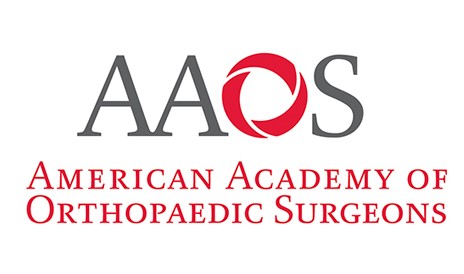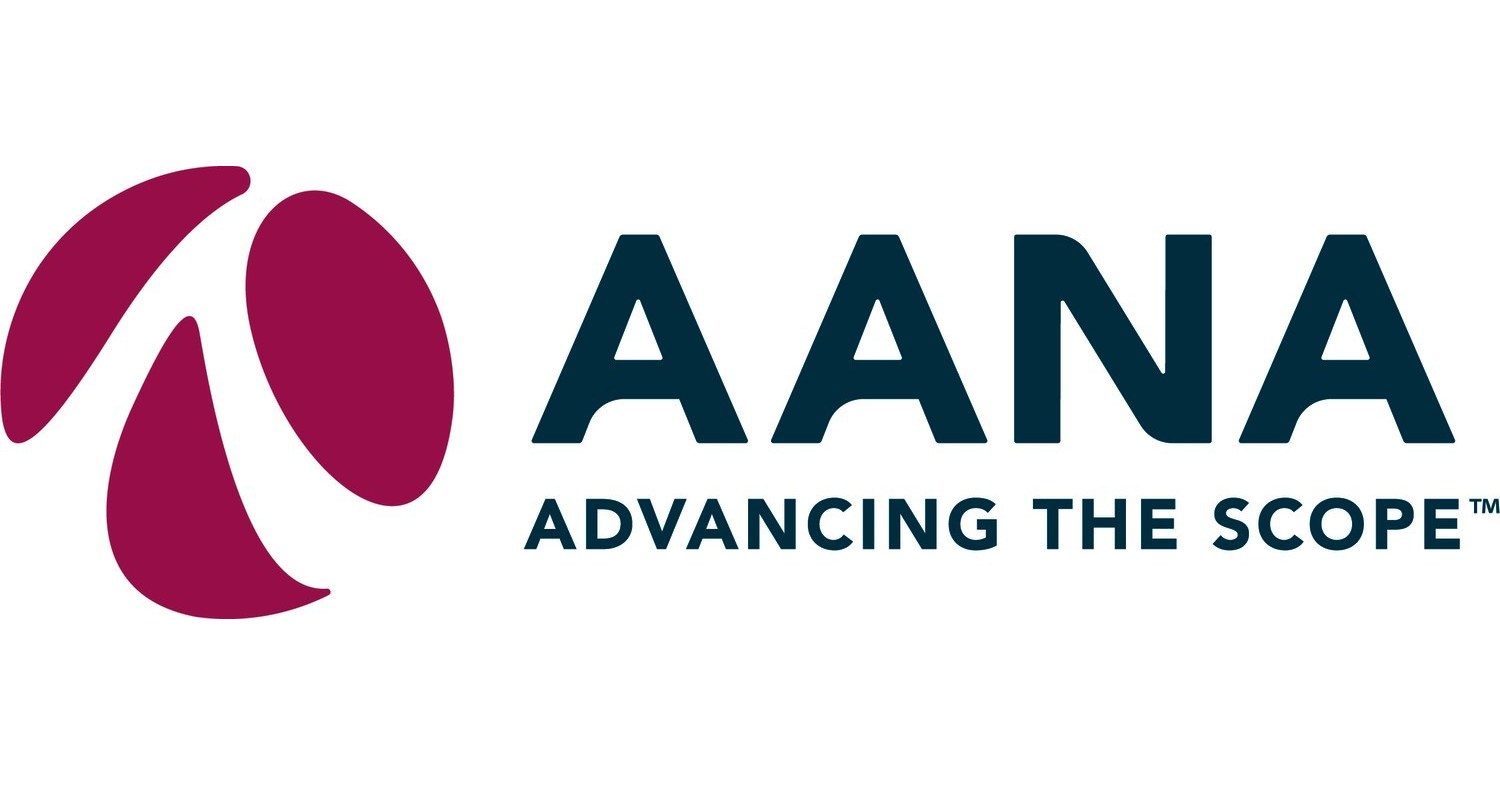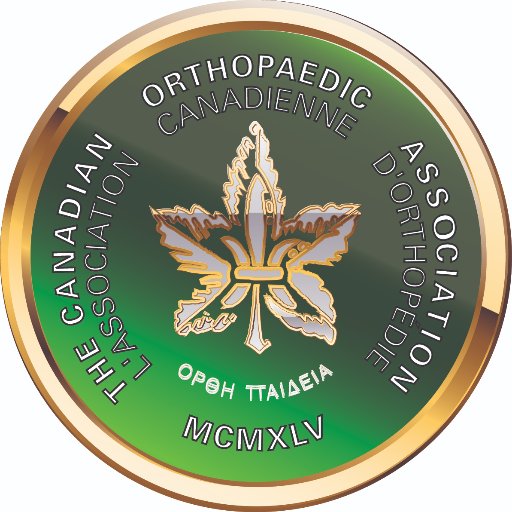Duration: 1 year July 1 – June 30th
Location: McMaster University St Joseph’s Healthcare Hamilton Brantford General Hospital Joe Brant Hospital
Procedures Per Year
Hospital Rotations
Dedicated Faculty
Active Fellows



Upper Extremity Fellowship Program Inquires and Application









